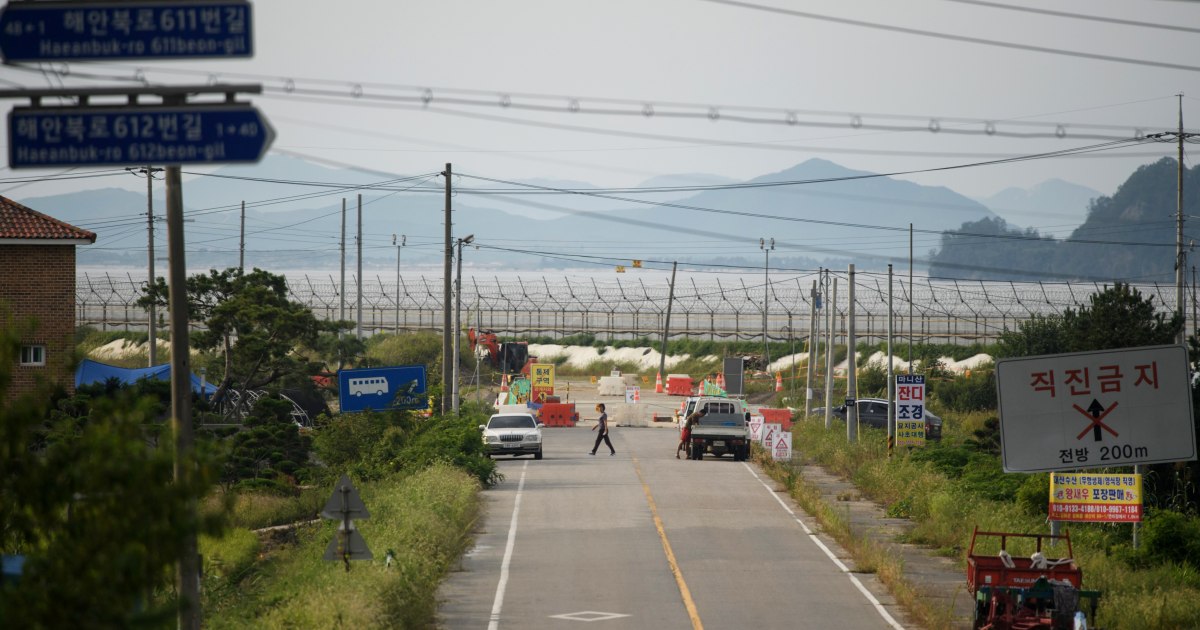Six Americans Detained in South Korea for Sending Aid to North Korea
Six Americans were detained in South Korea for attempting to send rice, Bibles, and dollar bills to North Korea by sea, amid rising tensions.
Subscribe to unlock this story
We really don't like cutting you off, but you've reached your monthly limit. At just $5/month, subscriptions are how we keep this project going. Start your free 7-day trial today!
Get StartedHave an account? Sign in
Overview
- Six Americans were detained in South Korea for trying to send aid to North Korea via plastic bottles thrown into the sea.
- The detainees aimed to send rice, U.S. dollar bills, and Bibles, reflecting ongoing tensions between the two Koreas.
- Activists have previously caused tensions by sending anti-North Korea propaganda across the border, prompting crackdowns by the South Korean government.
- South Korea's Constitutional Court recently overturned a law that criminalized sending items to North Korea, leading to increased civilian attempts.
- President Lee Jae Myung's government is focused on reducing tensions with North Korea, complicating efforts for peace talks.
Report issue

Read both sides in 5 minutes each day
Analysis
Center-leaning sources frame the detention of six Americans in South Korea as a significant incident reflecting ongoing tensions with North Korea. They emphasize the activists' intentions, the legal context, and the South Korean government's cautious approach, suggesting a nuanced perspective on humanitarian efforts versus national security concerns.
Articles (4)
Center (3)
FAQ
South Korea's Constitutional Court recently overturned a law that criminalized sending items to North Korea, leading to increased civilian attempts to send aid, but specifics of current enforcement or legality remain ambiguous, especially for items like propaganda, cash, or religious materials.
Activists send aid to North Korea to support people in need or to spread religious or ideological messages, often driven by humanitarian, religious, or opposition motives, despite ongoing tensions and government crackdowns.
Detainees may face legal penalties depending on the nature of the items sent and current laws, especially if the aid is seen as undermining national security or violating remaining restrictions on inter-Korean exchanges.
Previous activist attempts, such as sending propaganda or unauthorized aid, have heightened tensions, prompted stricter border controls, and have been met with crackdowns by the South Korean government.
There are U.S. sanctions and strict regulations regarding activities with North Korea; however, NGOs are allowed under certain licenses to provide humanitarian aid, but strict rules apply, especially regarding direct government partnerships or services that could support sanctioned entities[5].
History
- This story does not have any previous versions.


